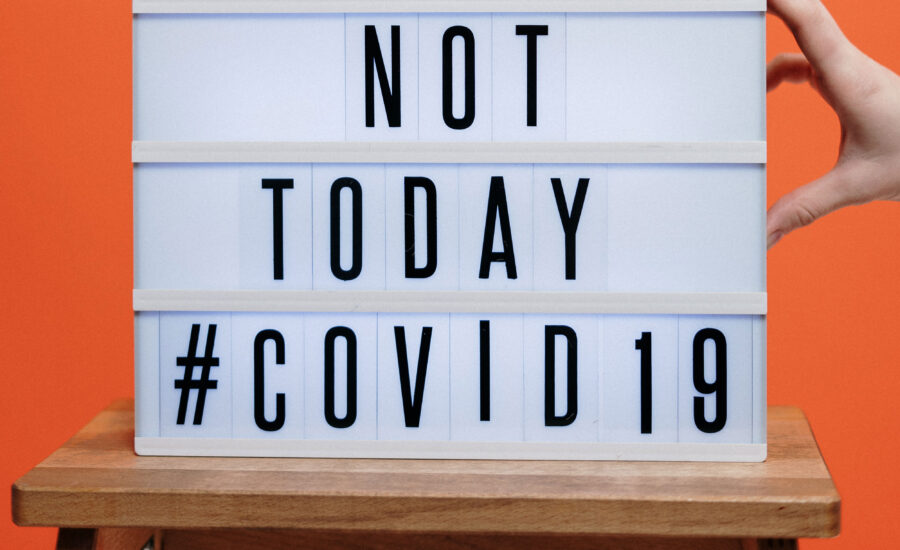How to pandemic-proof your paycheque
With the threat of unemployment, a slacking economy, and perhaps another COVID-19 wave, it's time to create pandemic financial habits to keep you afloat.
Advertisement
With the threat of unemployment, a slacking economy, and perhaps another COVID-19 wave, it's time to create pandemic financial habits to keep you afloat.

Share this article Share on Facebook Share on Twitter Share on Linkedin Share on Reddit Share on Email